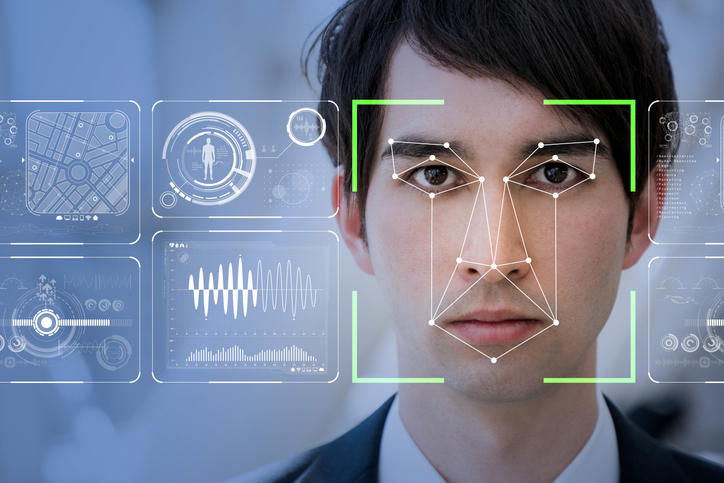Published in the journal Nature Medicine on 7 January 2019, researchers outlined the results of a study using facial recognition to detect genetic disorders.
This new tool uses the “apparent characteristics of an individual“, i.e. the phenotype—in this case, the face—to detect hundreds of disorders and genetic variations. In fact, “many genetic disorders are accompanied by physical characteristics, such as a shorter nose and a larger forehead for Williams syndrome, for example, or almond-shaped eyes for Down syndrome”. An in-depth learning algorithm “analyses facial characteristics” and “compiles a list of possible syndromes”.
To complete the study, 17,000 patient images representing more than 200 syndromes were used. For Dr Karen Gripp, co-author of the study: “With this study, we’ve shown that adding an automated facial analysis framework, such as DeepGestalt, to the clinical workflow can help achieve earlier diagnosis and treatment, and promise an improved quality of life” for the patients concerned.
However, whilst the application can be used to “formulate an initial diagnosis”, “targeted examinations, or additional analyses” should confirm or refute this first assessment.
Despite the advances proposed by this type of device, the researchers themselves are concerned about “the risks associated with this system which is used to identify a condition on the basis of a simple description. At a time when we are surrounded by images, hasty conclusions could be drawn; employers might want to exclude candidates deemed to pose a risk… based on a single photograph.
RTS, Katja Schaer (10/01/2019) ; Medical Press, Christen Baglaneas (09/10/2019) ; Top santé, Mathilde Ragot (10/01/2019)

